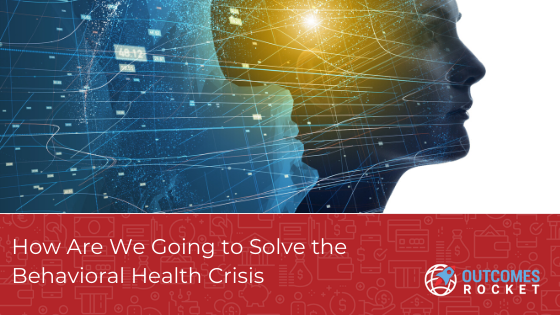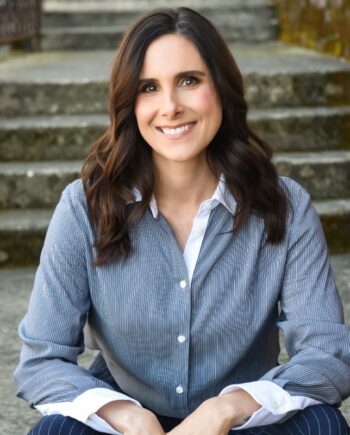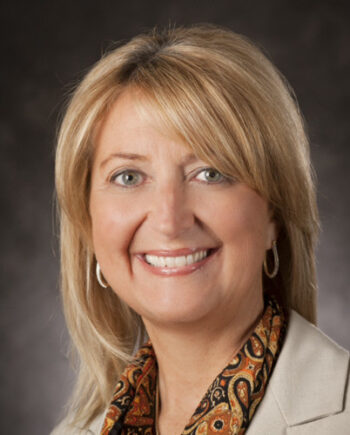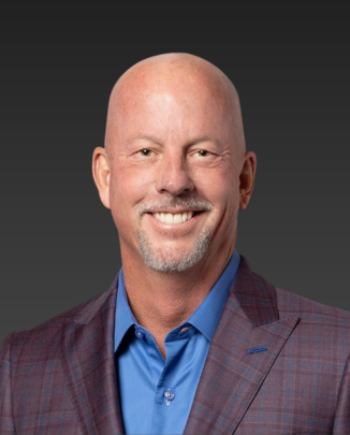
We live in stressful times, and I am not just talking about COVID19 and the country’s current political and economic state. Even before the pandemic came and disrupted everything, stress is a familiar presence in our daily lives. It’s something that everyone experiences from time to time.
Stress is not the same for everybody. Not everyone experiences stress in the same way.
For some, stress means experiencing anxiety. For others, it affects not just my mental health but behavioral health as well.
When I’m stressed, I don’t have enough energy, and I don’t have an appetite. Stress gives me a headache. I also can’t sleep well, and my body feels tense.
Repeated or prolonged instances of acute stress can be more challenging to manage and take a toll on physical health. It is often referred to as a silent killer, and when left unchecked can contribute to health problems.
Many studies have found links between stress and illnesses. A study by Mohd Razali Salleh titled Life Event, Stress and Illness reported a long list of ailments caused by stress.
Then coronavirus came, increasing the stress level of the community. Fear and anxiety over what’s happening gripped the hearts of many people. Coupled with social distancing, job loss, and the ever-increasing number of infected, stress level is at an all-time high.
Among the many health initiatives pushed in this pandemic season is the need for stress management, for better mental health.
According to the UN’s policy brief on the coronavirus pandemic and its impact on population health, “Good mental health is critical to the functioning of society at the best of times. It must be front and center of every country’s response to and recovery from the COVID-19 pandemic. The mental health and wellbeing of whole societies have been severely impacted by this crisis and are a priority to be addressed urgently. “1
Stress affects our behavioral health; we need to cope with it either on our own or with the help of a professional.
Synchronous Health combines a national network of credentialed mental health counselors with an artificial technology platform in the form of human-assisted “bots” so people can get help even when they are not in the provider’s office.
In a traditional brick and mortar setting, patients can only see their provider once or twice a week. What about the rest of the time of the week? What if something happens that may trigger the threats related to either the mental or behavioral conditions.
Synchronous Health is the answer.
In our interview with Lisa Henderson, co-founder and Chief Operating Officer at Synchronous Health, she said that they have the data that gives them the pattern, and the mental health providers give extra support in stressful times. “Our approach is that we want to be able to support any person with any condition in any setting as long as they are stable for the community.”
Lisa also clearly explained the platform’s limit. “If you are actively feeling suicidal, you know that that requires a higher level of care than what we’re able to do. So whether it’s eating disorders, depression, substance use disorders, you know, all different kinds of conditions that people live with, we are able to support somebody as long as they’re kind of in that, you know, moderate to severe. Once you get into acute, we’ll bring others involved.”
Synchronous Health was designed to offer assistance to everyone except those in the acute since they will need more specialized care.
Synchronous Health is available online 24/7.
“We wanted to sort of take that feeling of safety and that ability to have somebody prompt for. We needed that to be available outside of the counseling session.” Lisa explained.
Enter Carla, a bot delivered through an app. Carla can see anything that is connected. It can check a person’s heart rate through a smart watch, check location and time, and use all this info to create a tailored suggestion as if coming from the mental health provider.
With Carla’s well-timed guidance and suggested activities, a person can release stress, engage much better with his surroundings, sleep better, be more productive the next day, and lower his total cost of care.
All these small things have a great impact on someone’s behavioral health.
Synchronous Health’s revolutionary technology is proving itself a forerunner for virtual mental health. To find out more about this company, listen to my full interview with Lisa here: https://outcomesrocket.health/synchronous/2020/06/
https://unsdg.un.org/sites/default/files/2020-05/UN-Policy-Brief-COVID-19-and-mental-health.pdf
According to the 2020 Centers for Disease Control and Prevention report, roughly 34.2 million Americans have diabetes,...
Read MoreAs a farmer, Rod was used to long days. He worked 18 hours a day, 7 days...
Read MoreWith investors receiving hundreds of pitch decks every year, how do you create a compelling presentation that...
Read More
Brittany Busse Co-Founder, President, and Chief Medical Officer at
ViTelHealth


Stephen Thorne Founder and CEO at
Pacific Dental Services

Keith Carlson Nurse Career Coach